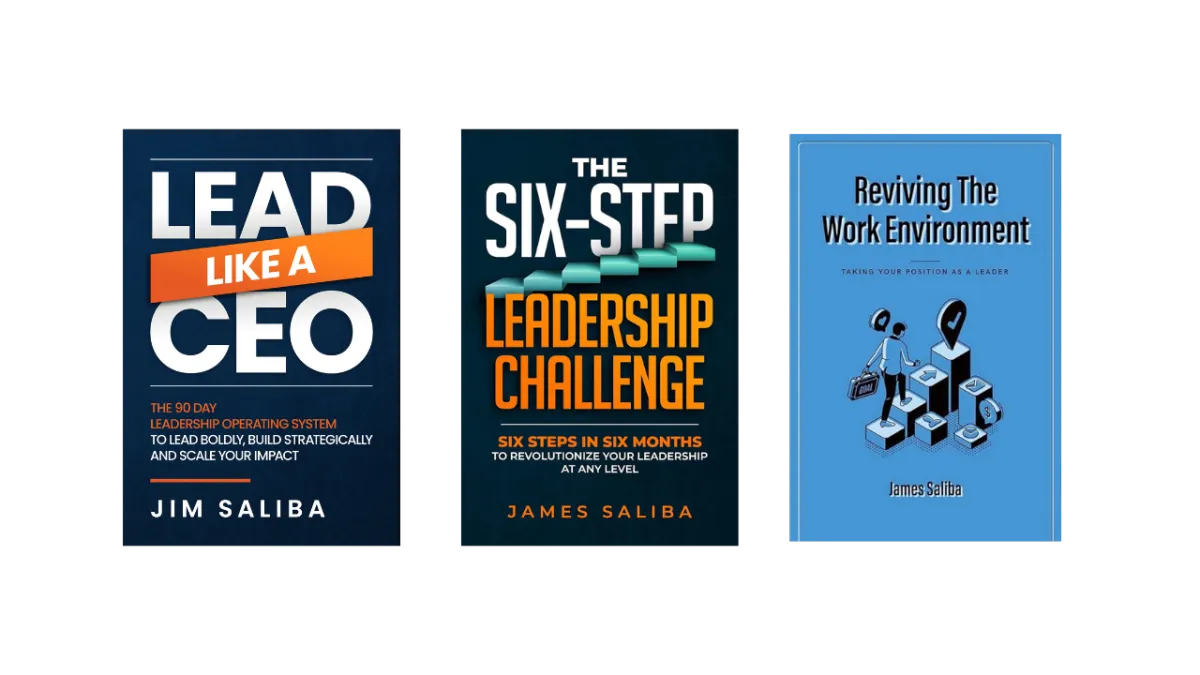Insights for Real-World Leadership
Straight talk and proven strategies for leaders who are done babysitting and ready to lead at the next level.

Master Your Strategy: How to Use KPIs to Achieve Your Business Goals
To develop a good strategy, you should start by setting clear goals and objectives, understanding your market and competition, identifying and allocating resources, and creating a plan of action to achieve those goals. KPIs (Key Performance Indicators) can be an excellent tool for tracking progress toward achieving your goals and objectives and measuring your strategy's success.
To use KPIs effectively, you must choose specific, measurable, and actionable metrics tied to specific outcomes or results that are important to your business. For example, metrics can help you identify areas where you are performing well and others that require your focus and improvement. Using KPIs as a tool, you can make data-driven decisions and adjust your strategy by monitoring and measuring these metrics.
There often needs to be clarity between KPIs and metrics are both used to measure performance, but they serve slightly different purposes.
KPIs are specific, measurable, and actionable metrics used to measure the success or effectiveness of a company's strategy. They are usually tied to specific outcomes or results that are important to the business.
Metrics, on the other hand, are more general measurements that you use to track performance. Metrics can be quantitative or qualitative, measuring anything from customer satisfaction to website traffic to revenue growth. For example, you can use metrics to identify trends, track progress over time, and provide insights into how a business is executing.
I broadly classify metrics into actions, output, and outcomes.
Actions Metrics: These metrics measure the activities and efforts required to achieve a desired output. Action metrics usually relate to the inputs or resources required to complete a task. Examples of action metrics may include the number of calls made by a sales representative, the number of hours worked by an employee, or sprints completed by an Agile team.
Output Metrics: These metrics focus on measuring the tangible results generated by a particular activity or process. Output metrics are typically related to a task's actual outputs or deliverables. Examples of output metrics may include the number of products manufactured, the number of reports generated, the number of customer inquiries resolved, or the number of software releases.
Outcome Metrics: These metrics are the same level as KPIs since they focus on measuring the ultimate impact or results generated by the Actions and Output of your processes. Outcome metrics are typically related to the actual outcomes or benefits. Examples of outcome metrics may include revenue generated, customer satisfaction scores, or net promoter scores.

By using all three types of metrics, organizations can get a more comprehensive view of their performance and ensure that they are measuring both the inputs and the outcomes of their activities. While action and output metrics can help track progress, outcome metrics are usually the most meaningful because they directly measure your processes' impact on your organization's goals.
In summary, KPIs are a subset of metrics that you specifically choose to track progress toward a specific strategy. In contrast, metrics are more general measurements that you use to track performance across various areas.
It’s important to note that KPIs are not a substitute for a good strategy. If a strategy is flawed or poorly executed, simply measuring KPIs will not lead to success. It's essential to have a solid strategy before implementing KPIs to measure progress toward achieving the strategy's goals.
Leaders Who’ve Made the Shift
Michael R., Senior VP

“Jim did more in two sessions than my last coach did in six months.”
(Translation: Jim doesn’t waste your time.)
Karen H., Senior VP

“Jim made it easy to focus on the real leadership challenges.”
(Translation: No fluffy theories. Just real talk and results.)
Ashly N., Director

“Within 15 minutes, I knew I’d made the right decision.”
(Translation: You’ll know fast if Jim’s your coach.)
Stop Acting Like the Chief Fire Extinguisher.
Start Leading.
You know the endless approvals, babysitting, and check-ins aren't real leadership. Let's fix that.
© 2026 James Saliba Inc. • All Rights Reserved • Helping Tech Leaders Lead Strategically Without Firefighting • Terms & Conditions


